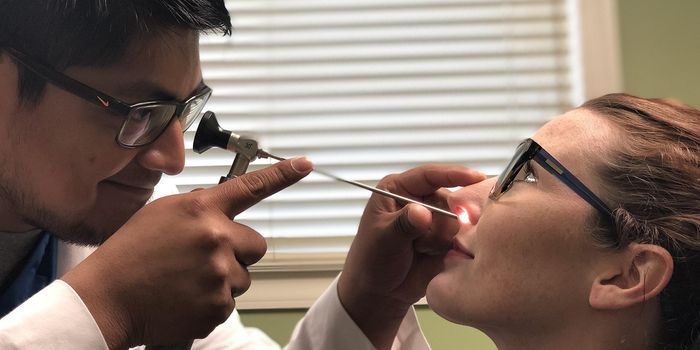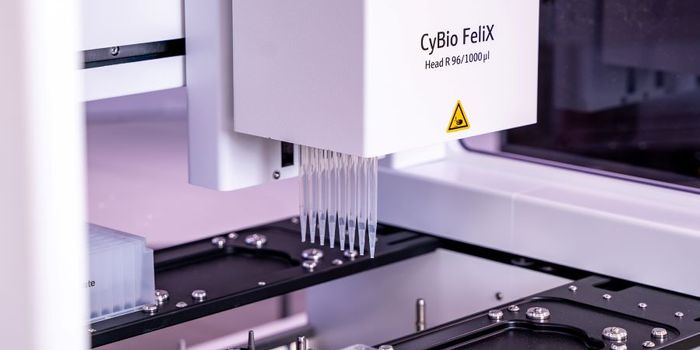Single Injection Sends Type 2 Diabetes into Remission
Type 2 diabetes affects around 10% of people in the US. Although there is no cure for it, there are some well-known methods to reverse it. One method in particular- a single injection of fibroblast growth factor 1 (FGF1)- has been known to restore blood sugar levels to normal levels for sustained periods in rats with type 2 diabetes. And now, from two studies, researchers have uncovered two of the underlying mechanisms behind the treatment.
The first study monitored changes in gene expression after FGF1 injections among cells in the hypothalamus, a region of the brain responsible for hunger, energy use, and blood sugar levels. For it, the researchers injected FGF1 into the brains of rats with type 2 diabetes and then monitored changes in gene expression in their brains.
In particular, they noted that FGF1 injections strengthened the melanocortin signaling system among glial cells- the brain circuits responsible for feeding, body weight, and blood sugar. The researchers also found that blocking the system prevented the animals' diabetes from going into remission. As such, reduced melanocortin signaling has been associated with the incidence of diabetes.
Meanwhile, the second study honed in on perineuronal nets, structures that surround and support neurons. Overall, rats with type 2 diabetes had fewer of these nets in their hypothalamus than healthy animals. After FGF1 injections, however, the researchers noticed that this loss was reversed- and new nets began to grow in the hypothalamus of the treated rats.
To test the effect of this mechanism on diabetes, the researchers then removed these nets from the rats' brains and found that FGF1 was less able to manage the condition.
"Until recently, the brain's ability to normalize elevated blood sugar levels in diabetic animals was unrecognized," says Dr. Michael Schwartz, an author on both studies.
"Our international teams' latest findings chart a path towards a more complete understanding of how this effect is achieved. These insights may one day inform therapeutic strategies for inducing sustained diabetes remission, rather than simply lowering blood sugar levels on a day-to-day basis as current treatments do."









